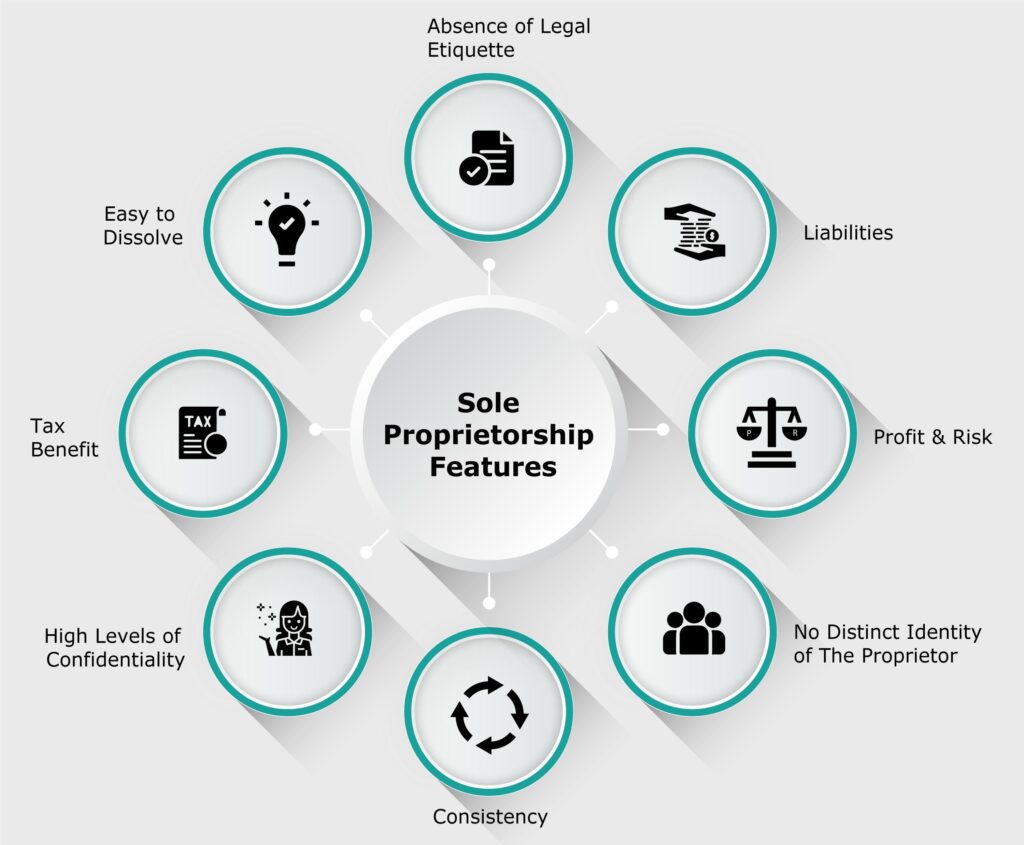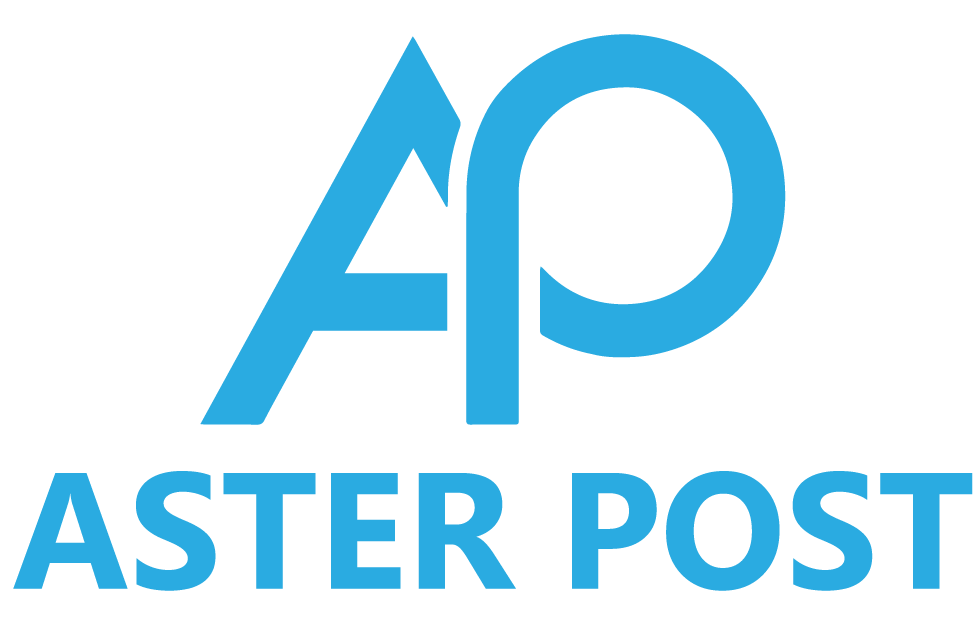Introduction
Closing a sole proprietorship is never an easy decision. However, understanding the essential steps can make the process less overwhelming. This guide will walk you through what you need to do financially and legally to close your business.
Financial Considerations
Settle Debts and Obligations
First, settle any outstanding debts and financial obligations. This includes paying off vendors and any short-term or long-term loans.
Handle Taxes
You must file a final tax return for your business. Make sure to consult with a tax professional to ensure all taxes are paid and accounted for.
Close Business Accounts
Once all financial obligations are clear, close your business bank accounts and credit cards to avoid future charges or fees.

Legal Steps
Notify Stakeholders
Tell your customers, employees, and vendors that you’re closing the business. Make sure to fulfill any remaining contracts or obligations.
Cancel Licenses and Permits
Contact the appropriate government bodies to cancel any business licenses or permits. This avoids ongoing fees and potential legal issues.
Record the Closure
Depending on your jurisdiction, you may need to file a formal closure or dissolution form. Check local laws to find out what paperwork is required.
Conclusion: A Smooth Exit Strategy
Closing a sole proprietorship involves many steps, both financial and legal. Following this guide ensures you take care of all responsibilities and exit the business world gracefully.
FAQs
Yes, it’s essential to inform all creditors to ensure you settle all outstanding debts and avoid legal issues.
You can sell off your business assets to pay any debts. The remaining profits are yours to keep

